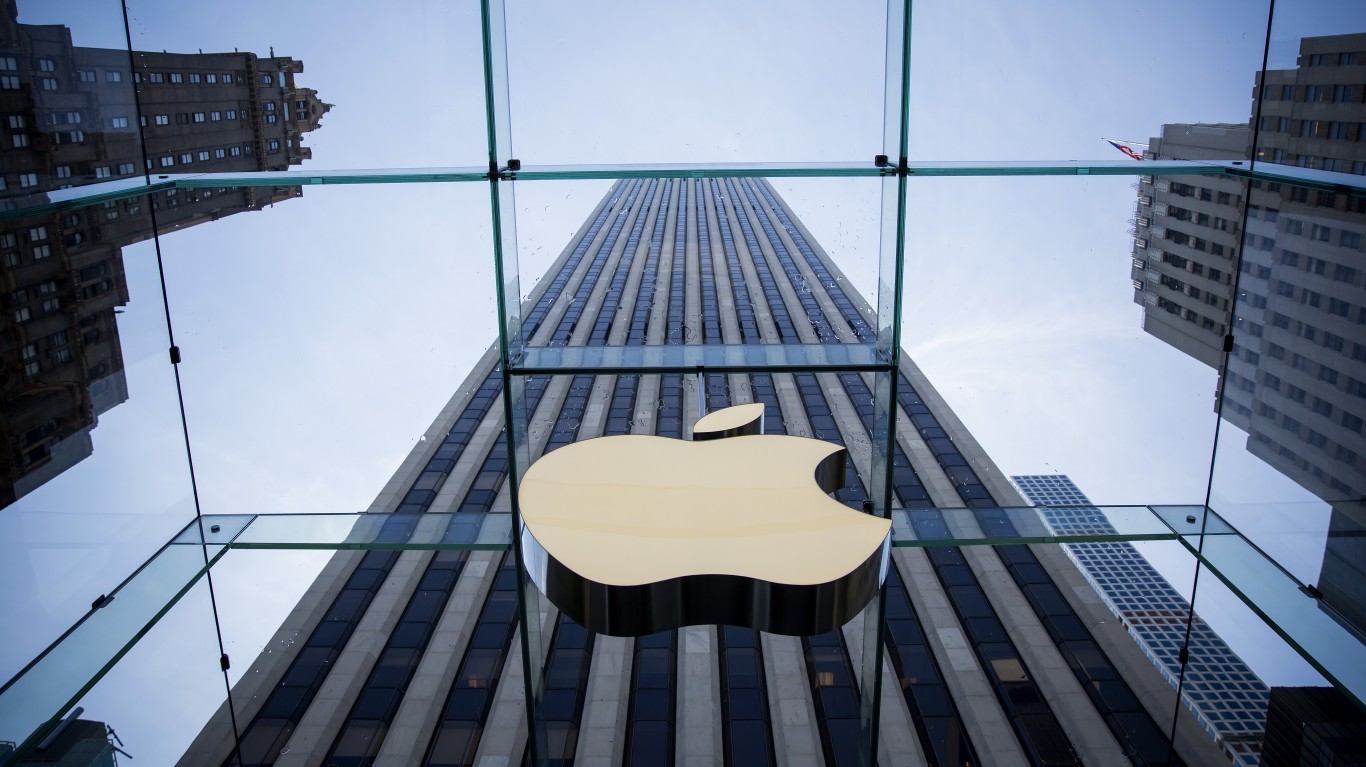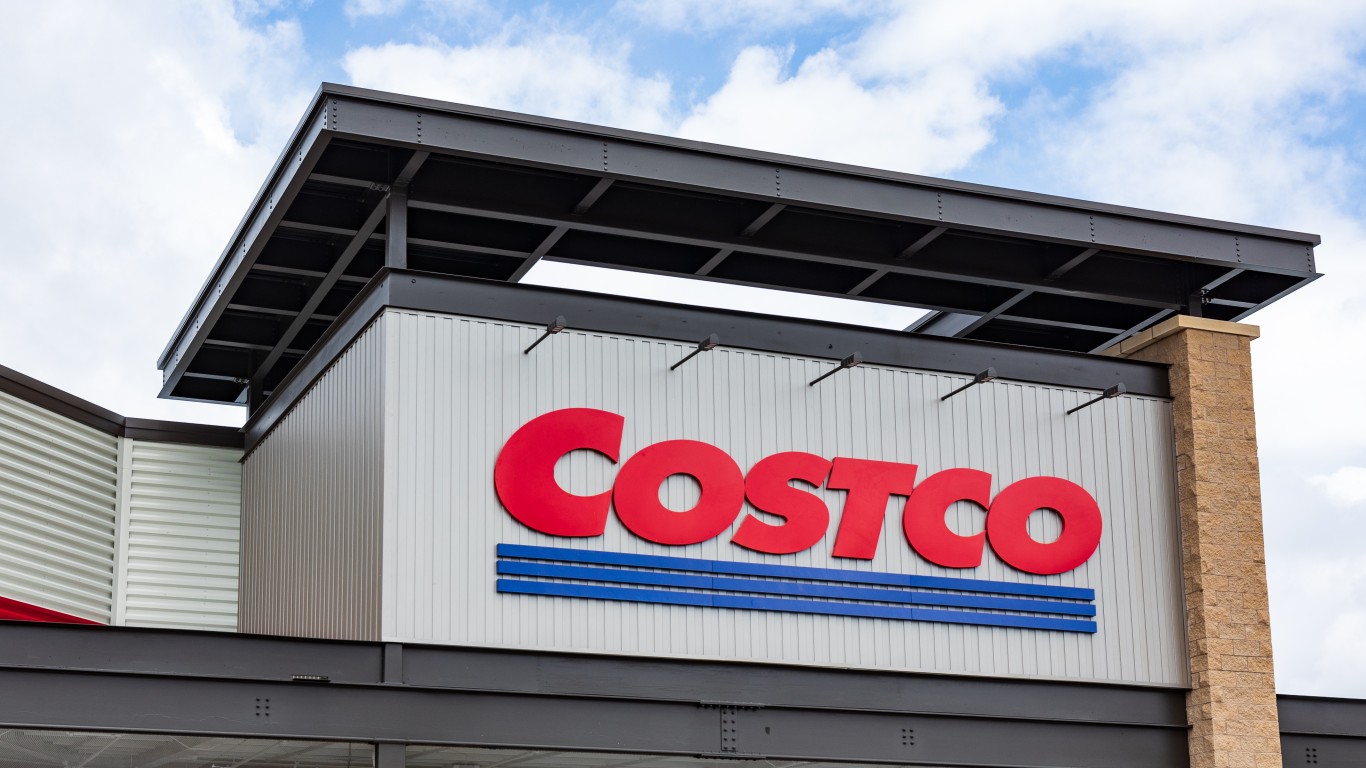
Marlboro cigarette maker Altria Group Inc. (NYSE: MO) has been a dependable source of high dividends for years. When Altria stock closed on April 29, the day it released first-quarter results, shares had added more than 8% in the month. When markets closed on May 1, the monthly gain had been shaved to just over 1%.
Presumably, not enough people stopped smoking in one day (for whatever reason) for the share price to lose that much. May 1 was not a good day for the S&P 500 either. The closely followed index closed down more than 3%.
The tobacco giant’s top-line results were better than expected. Revenues of $5.1 billion beat a consensus estimate of $4.6 billion. Adjusted earnings per share came in at $1.09, compared to an estimate of $0.98.
CEO Billy Gifford reinforced the central role the dividend plays in the company’s strategic planning. He told investors that Altria’s dividend “remains a top priority.” The company’s target payout ratio also remains at around 80% of adjusted earnings.
Altria Expressed Some Concern About Cheap Competition
Those of us with long memories may remember the historic merger in the 1980s between R.J. Reynolds and Nabisco. The deal is detailed in the best-seller Barbarians at the Gate. The book quotes RJR CEO, Ross Johnson: “You can make ’em for a penny, sell ’em for a dollar, and they’re addictive.” Not only are cigarettes addictive, smokers are typically fiercely loyal to their brand.
So, if the company is not worried about cigarette sales, why then did Altria feel it necessary to warn investors about cheap competition? The company said it expects “an increase” to consumers buying cheaper products. Altria also said it is keeping an eye on overall tobacco spending.
Not only is the company worried about cheaper alternatives. Altria also confirmed its volume guidance for a 4% to 6% decline in shipments this year. The premium Marlboro brand’s market share was down half a point in the first quarter to 42.8%. In the premium category, Marlboro’s share was flat at 56.9%.
On the company’s earnings call, one analyst asked about new machines the company is installing to boost production to 75 million packs a year. Gifford replied that the company was “moving as fast as it can” given the constraints of the coronavirus outbreak. He also noted that Altria’s products are sold in 28,000 U.S. stores.
Juul, IQOS, Cronos and Budweiser Will Not Ride to the Rescue
Altria’s $12.8 billion investment in e-cigarette leader Juul Labs has been a nearly total bust. Altria has written down all but $4.2 billion of that deal. Juul is now taking Altria to court because the cigarette maker is trying to wriggle out of the 2018 deal.
The U.S. Federal Trade Commission (FTC) has filed a complaint alleging that the Altria-Juul Labs deal violated federal law. Director of the FTC competition bureau, Ian Conner, said, “Altria and Juul turned from competitors to collaborators by eliminating competition and sharing in Juul’s profits.”
IQOS is a “heat-not-burn” technology developed by Altria’s international sister, Philip Morris International Inc. (NYSE: PM). The technology has been approved for sale in the United States by the U.S. Food and Drug Administration (FDA). Yet, there are opponents of that technology as well, and it’s not widely distributed in the United States yet.
Canadian pot grower Cronos Group Inc. (NASDAQ: CRON) got a $1.8 billion investment from Altria in late 2018 as well. Over the past 12 months, Cronos stock is down 64%.
Altria reported that it does not believe that its investments in Cronos and Juul are material to its overall business. The company’s 10% stake in Anheuser-Busch InBev S.A./N.V. (NYSE: BUD) is also at risk. The brewer and wine merchant cut its dividend by 50% in mid-April. Altria said that the fair value of its 10% stake is “well below” what it paid.
The company is right to worry, but it has virtually guaranteed that shareholders do not. If the company’s strategic plan is to keep paying a dividend of more than 8%, shareholders haven’t a thing to complain about.
As long as the dividend is paid, it is likely that the company’s executives will make out all right too. Former CEO Howard Willard, who retired last month after a bout with COVID-19, was paid $15.4 million in 2019. That is 109 times more than the median employee wage of $142,246. Altria employed 7,337 people at the end of last year.
With investments in booze, pot, tobacco and e-cigarettes, Altria has the sin category just about covered. The COVID-19 outbreak may be indicating that the cost of sin has limits. That’s not good news for Altria.
Thank you for reading! Have some feedback for us?
Contact the 24/7 Wall St. editorial team.
 24/7 Wall St.
24/7 Wall St.


